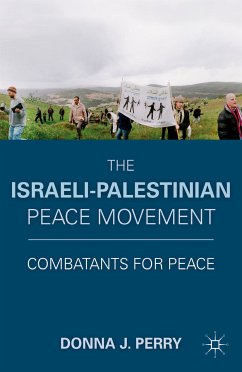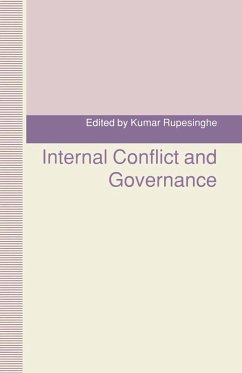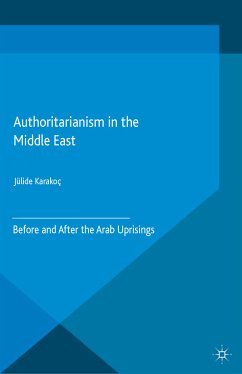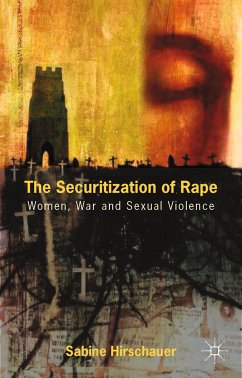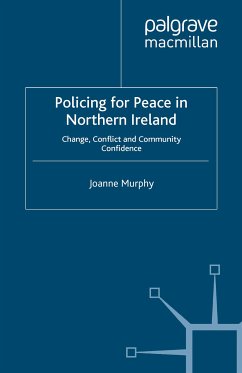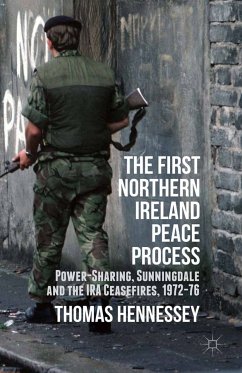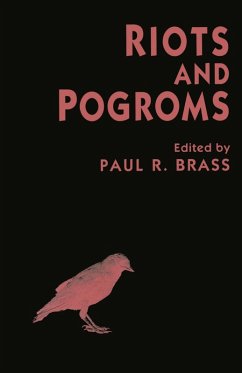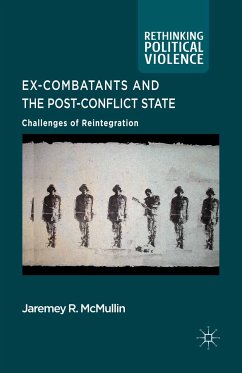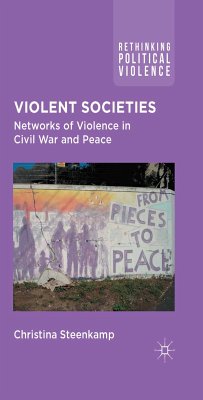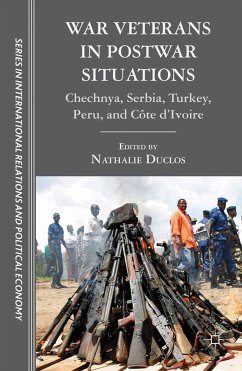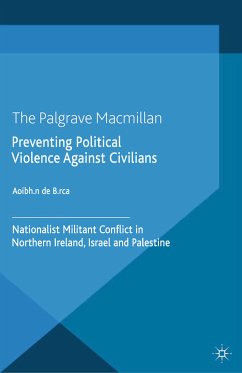
Preventing Political Violence Against Civilians (eBook, PDF)
Nationalist Militant Conflict in Northern Ireland, Israel And Palestine
Versandkostenfrei!
Sofort per Download lieferbar
40,95 €
inkl. MwSt.
Weitere Ausgaben:

PAYBACK Punkte
20 °P sammeln!
The increased targeting of civilians by militants raises serious and profound questions for policy-makers. Examining conflict in Northern Ireland, Israel and Palestine, this book focuses on ethno-nationalist militant groups and formulates a model to constrain violence against civilians.
Dieser Download kann aus rechtlichen Gründen nur mit Rechnungsadresse in A, B, BG, CY, CZ, D, DK, EW, E, FIN, F, GR, HR, H, IRL, I, LT, L, LR, M, NL, PL, P, R, S, SLO, SK ausgeliefert werden.



